Formalism reduces the quality of political education at grassroots units.
One of the factors that reduces the quality of politicaleducation in the unit is the formal organization. The manifestations are not difficult to recognize: Organizing political study in a perfunctory manner, lacking depth. Cadres teach in a routine way, copying lesson plans, reading and copying mechanically. Soldiers listen passively, have little exchange, lack interest, and cannot transform learning content into ideological and action orientation. The situation of "studying to fill the hours, taking exams to get points, summarizing to report" still exists in many units. Forms of political and ideological activities, forums, seminars, and competitions, although organized regularly, are stereotyped, with poor content and methods, lacking vitality, and soldiers do not grasp the main points, or even do not understand the purpose.
The consequences are unpredictable when formalism reduces the quality of political education. Instead of aiming at transforming awareness, training character, and building the right motivation to strive, many activities tend to be performances, copying, and summarizing reports. The combativeness in propaganda, the criticality in forums, and the leadership in ideological activities are exchanged for ease of doing, ease of checking, and ease of completing plans. Forms that are designed to arouse will, affirm ideals, and strengthen positions, when "gutted" by formalism, will no longer create real ideological changes. Activities may still be full but lack the power to spread, do not reach the depth of awareness, and do not awaken revolutionary beliefs in each soldier.
And from there, an ideological gap gradually appears. When no longer guided by correct political content, no longer protected by a substantial political education system, cadres and soldiers, especially the young, will be easily lured and swayed by false and reactionary information.
Overcoming formalism in political education work
Overcoming formalism in political education work must first start with the correct and complete awareness of organizations and forces, especially Party committees, Party organizations, political commissars, political officers, commanders and political agencies at all levels. This is a political responsibility, not a procedural task in daily organizational activities. When Party committees, commanders and political cadres take political education work lightly, organize it in a formal manner, check it perfunctorily, and accept it as a complete job to have enough reports, that is when deviations begin to creep in.
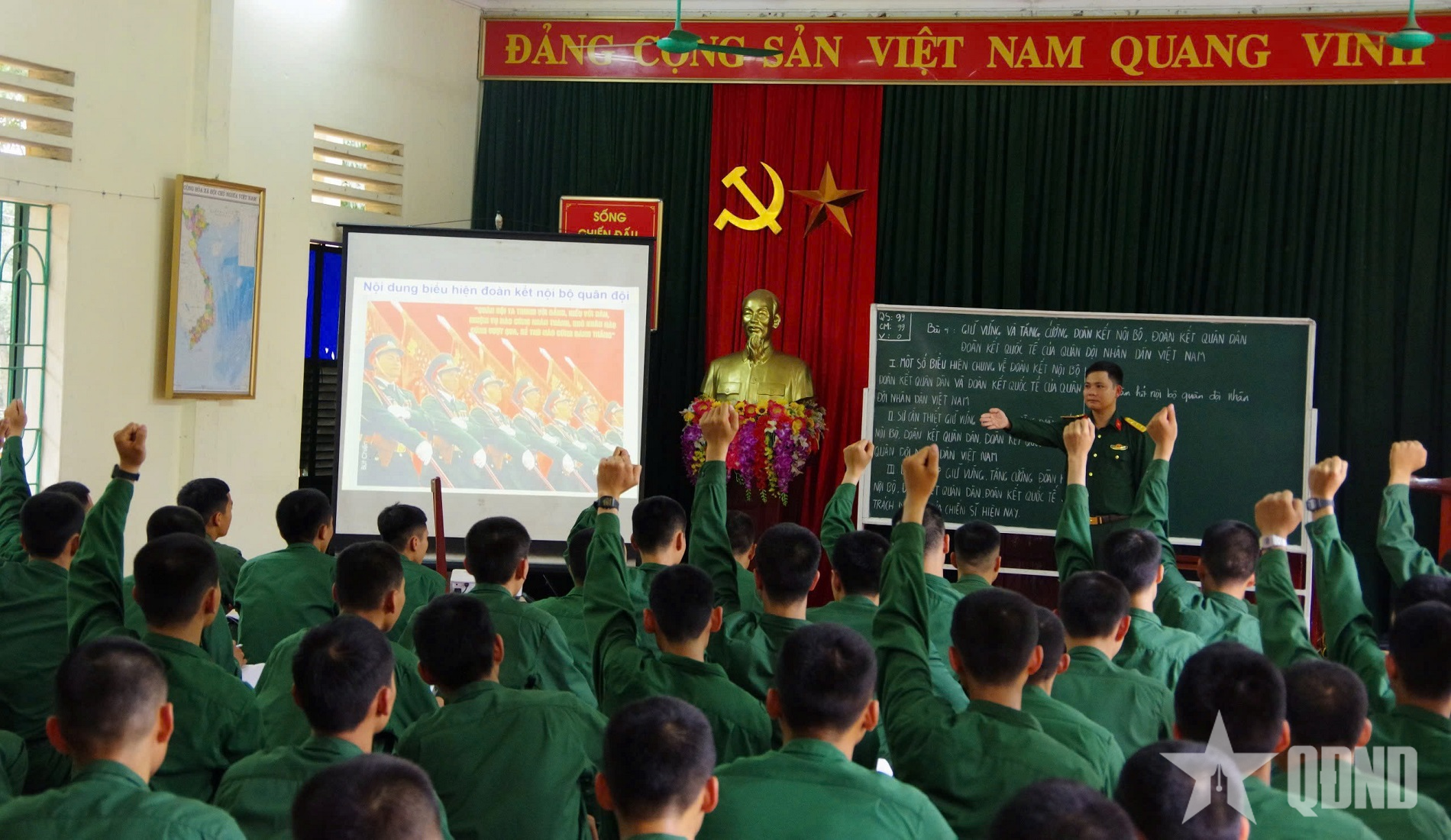 |
Carrying out various forms of political education to attract soldiers. Photo: LAM NGOC |
It is necessary to actively innovate in the content, methods and ways of organizing political education activities, ensuring practicality, effectiveness, and suitability with the characteristics of tasks and objects. Political education at the grassroots level does not stop at political study but also includes many other forms. Therefore, innovation must be synchronous in all aspects, not focusing on just one specific form. The content needs to be selected to be close to reality, closely following political tasks, not stereotyped or general, but must have depth, clear orientation and be associated with the unit's context. The method should not be biased towards one-way communication but must create conditions for officers and soldiers to exchange and discuss, thereby raising awareness and the ability to protect themselves against wrong views. The form of organization must be compact, flexible but lively, suitable for the soldiers' psychology, promoting the role of learners instead of focusing only on external forms.
Objective and serious inspection and assessment are important steps to correctly identify the current situation and promptly correct formalities in the organization and implementation of political education work. The effectiveness of political education work cannot be assessed solely through reported data or test results. If the numbers do not reflect the true nature, they will easily become a "screen" to cover up weaknesses in the way of doing things. To overcome this, it is necessary to apply flexible and practical inspection methods such as quick surveys, direct interviews, and integration into training and daily activities. More importantly, it is necessary to consider changes in awareness, attitude and behavior of cadres and soldiers as the main evaluation criteria.
Promoting the exemplary role of cadres, especially political commissars, political officers, party secretaries and commanders at all levels, is an important requirement to improve the effectiveness of political education work at grassroots units. Cadres directly doing this work must be truly dedicated, have qualifications, courage, practical experience and appropriate methods, know how to link theory with political tasks, and connect educational content with the thoughts and responsibilities of soldiers. Exemplary behavior and responsibility in each class and political and ideological activity are important factors in building trust and positively impacting the awareness of soldiers. It is impossible to overcome formalism if cadres still work perfunctorily, in a rut, and say things that do not match their actions. Any effort to innovate will only bring results when it starts with the self-awareness, exemplary behavior and responsibility of cadres at all levels.
Encouraging creativity, discovering and replicating effective models is an important measure to promote innovation in political education right from the grassroots level. Fighting formalism does not mean forcing units to follow a rigid model, but promoting a proactive, flexible and creative spirit in organization and implementation. New models and practical ways of doing things suitable to the conditions and characteristics of each unit need to be promptly discovered, recognized, encouraged and replicated. Along with that, superiors need to have a mechanism for emulation, reward and propaganda of typical examples in a practical and effective manner, creating a healthy competitive environment, contributing to overcoming the mindset of doing enough, doing it for the sake of it, towards substance, efficiency and sustainability.
Overcoming formalism in political education at grassroots level is not only an immediate requirement but also a long-term task of strategic significance. To do so effectively, it is necessary to start with correct awareness, serious organization, synchronous implementation, concrete actions and objective assessment, thereby gradually bringing political education into depth and substance, meeting the requirements of tasks in the new situation.
NOBLE DON
Source: https://www.qdnd.vn/quoc-phong-an-ninh/xay-dung-quan-doi/khac-phuc-benh-hinh-thuc-trong-cong-toc-giao-duc-chinh-tri-o-don-vi-co-so-826842



![[Photo] Coming to Son La, let's "show off" with the Wallflowers](https://vphoto.vietnam.vn/thumb/1200x675/vietnam/resource/IMAGE/2025/5/21/627a654c41fc4e1a95f3e1c353d0426d)
![[Photo] Prime Minister Pham Minh Chinh receives the President of Asia-Pacific region of PowerChina Group](https://vphoto.vietnam.vn/thumb/1200x675/vietnam/resource/IMAGE/2025/5/21/0f4f3c2f997b4fdaa44b60aaac103d91)


![[Photo] Scientific workshop "Building a socialist model associated with socialist people in Hai Phong city in the period of 2025-2030 and the following years"](https://vphoto.vietnam.vn/thumb/1200x675/vietnam/resource/IMAGE/2025/5/21/5098e06c813243b1bf5670f9dc20ad0a)
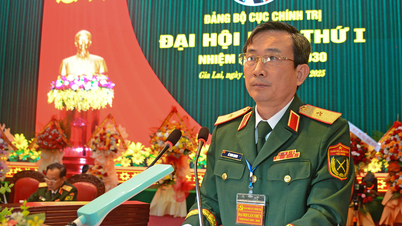
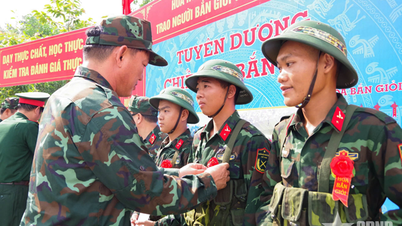
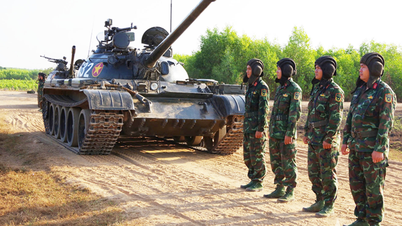
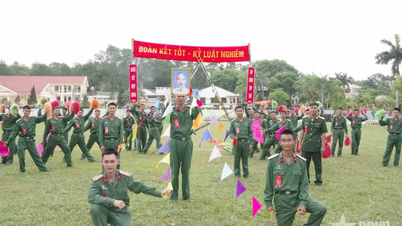
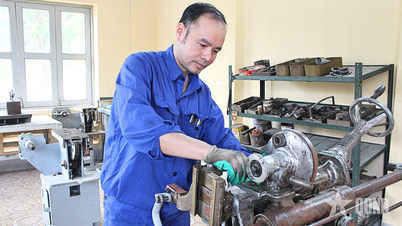
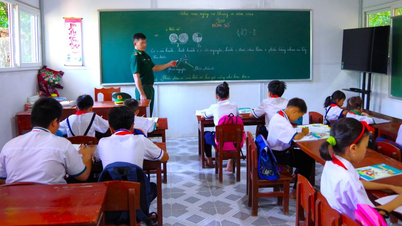




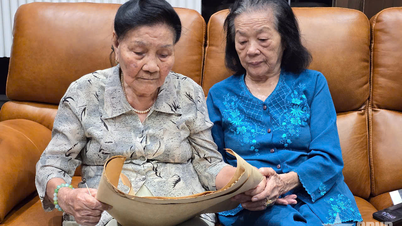

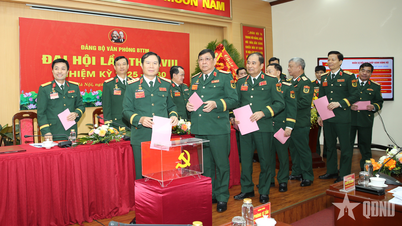
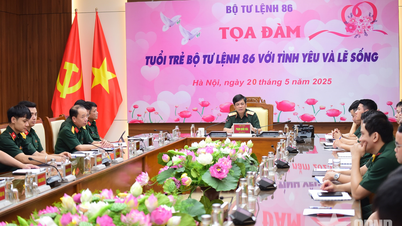
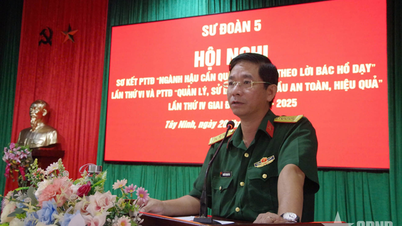
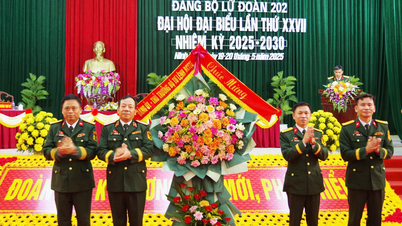

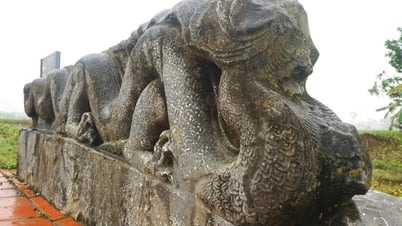

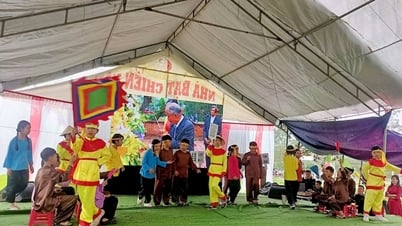

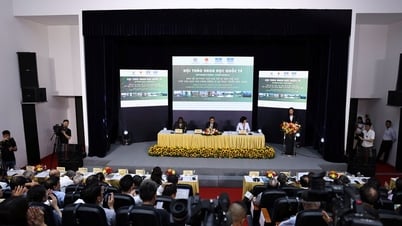

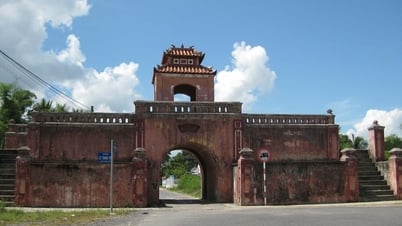
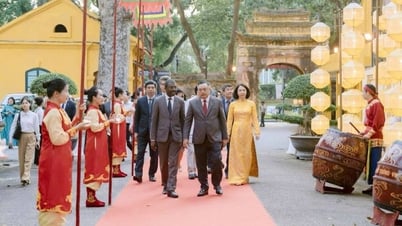



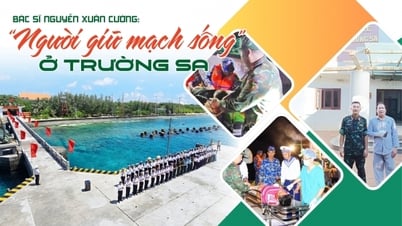

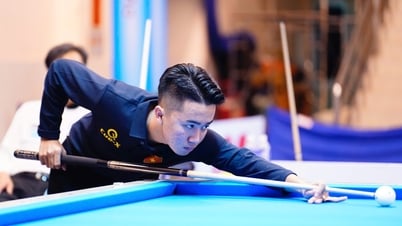

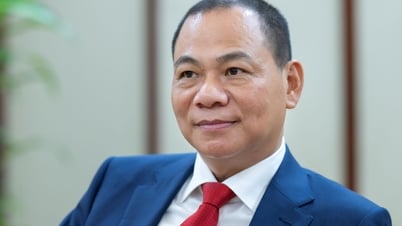


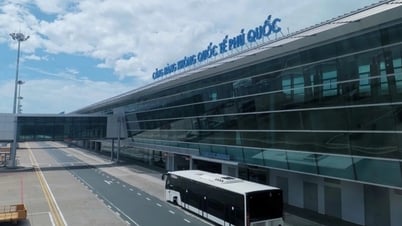

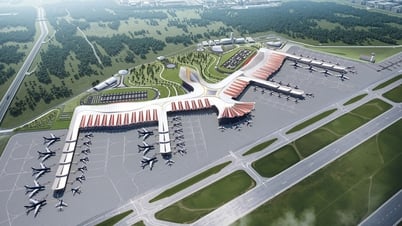
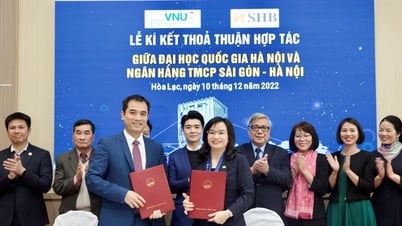





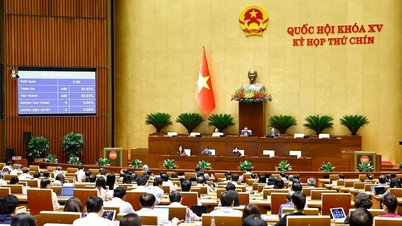

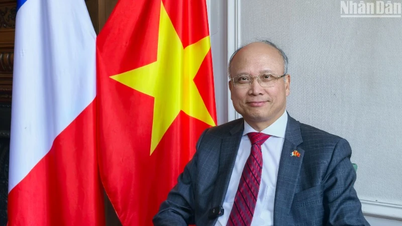

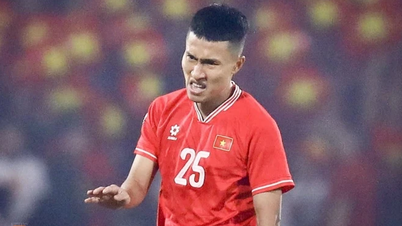

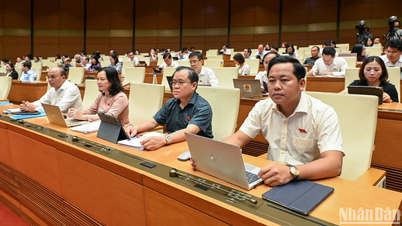
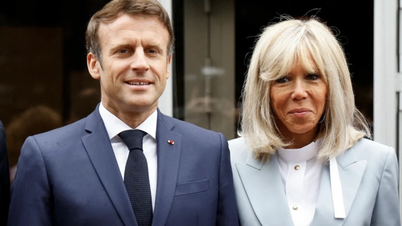
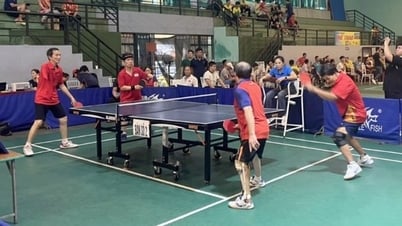


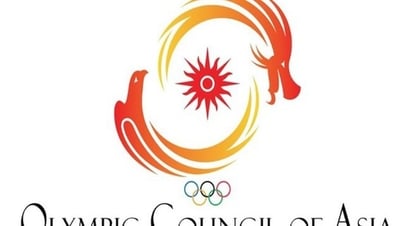


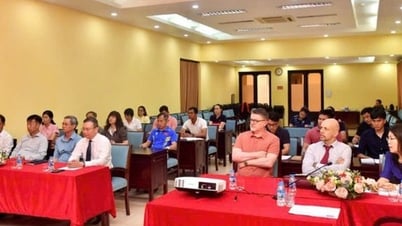
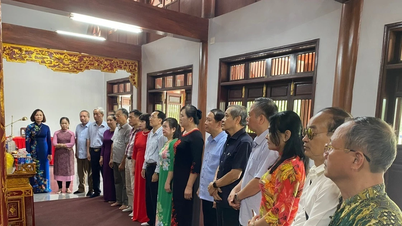




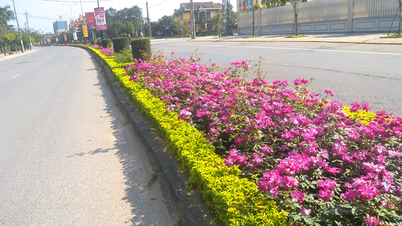
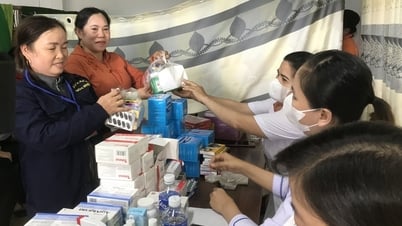

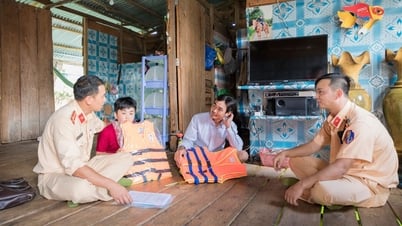











Comment (0)